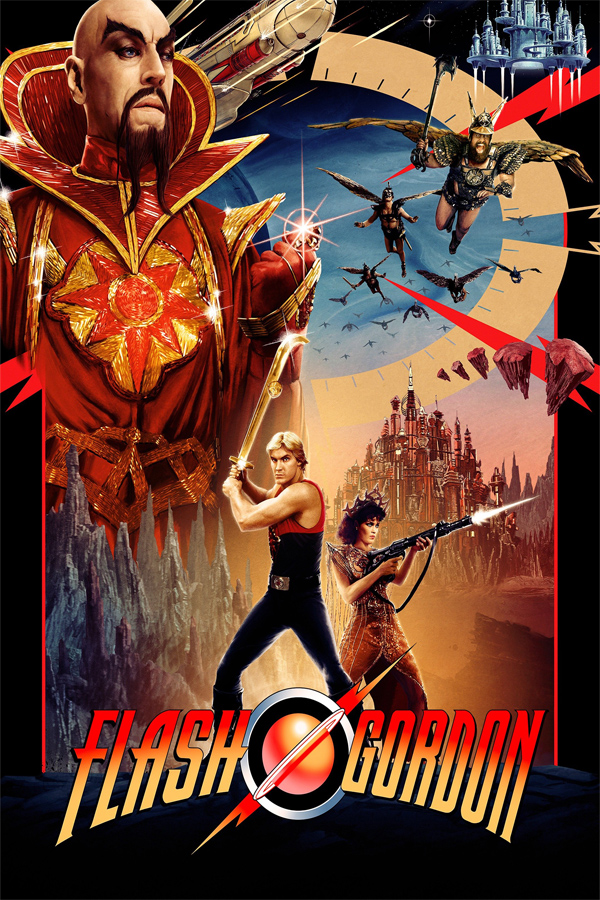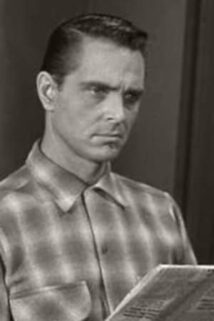Edward L. Cahn
Edward L. Cahn was an American second-feature director of Polish ancestry. His brother Philip Cahn worked in the industry as editor. Edward worked in films from 1917 as a production assistant. He later joined his brother in the cutting room of Universal, eventually becoming one of the studio's top editors (he did the last-minute re-cuts of the prestigious war drama Sin novedad en el frente (1930)). From 1931, Cahn assumed the director's chair, turning out cheap and cheerful crime melodramas and comedies. He became a mainstay of the MGM shorts department from 1935-49. Having gone pretty much unnoticed, his directing career began to pick up in the 1950s. Ever conscious of public demand, the imperturbable pipe-smoking Mr. Cahn turned his attention to trendy teenage rebellion films and schlock science-fiction (with a special penchant for zombies).
His films during this period range from the sublime to the absurd, from the inspired to the ridiculous. Some are bad enough to be (almost) enjoyable (particularly after a glass of wine or two). Point in case: Creature with the Atom Brain (1955), which somehow manages to combine mobsters, Nazis, zombies and atomic power, all in one package. Just as awful was El fantasma de ultratumba: criatura infernal (1956), featuring the lovely Marla English reverting into an extremely silly looking anthropomorphic sea monster (Cahn was able to re-use the same papier-mâché-and-plastic creation for the equally inept Voodoo Woman (1957)).
Rather more fun (though little more than a pastiche of La momia (1932)) was Curse of the Faceless Man (1958), in which a 2000-year-old calcified creature found near Pompeii returns to life to claim a lost love. La invasión de los hombres verdes (1957) was unintentionally funny, but at least featured decent creature effects. Sadly, dialogue and script were corn straight off the cob. La amenaza de otro mundo (1958) was arguably the best of Cahn's offerings (it was said to be the inspiration for Alien, el octavo pasajero (1979)). It was tautly directed and (as so often happens) only let down at the end by the monster being revealed as just another guy in an unshapely rubber suit. The Four Skulls of Jonathan Drake (1959) resumed Cahn's preoccupation with zombies and voodoo. At the center of the plot is an evil head-shrinking Swiss anthropologist (a suitably sinister performance by the brilliant Henry Daniell) who just happens to be a reincarnated Ecuadorian witch doctor. Unfortunately, though there is some visual style to the enterprise, the film as a whole can only be described as tame.
Cahn maintained an extremely prolific output through the early 1960s, working for AIP and United Artists on westerns and teen exploitation dramas right up until a year before his death at the age of 64.

